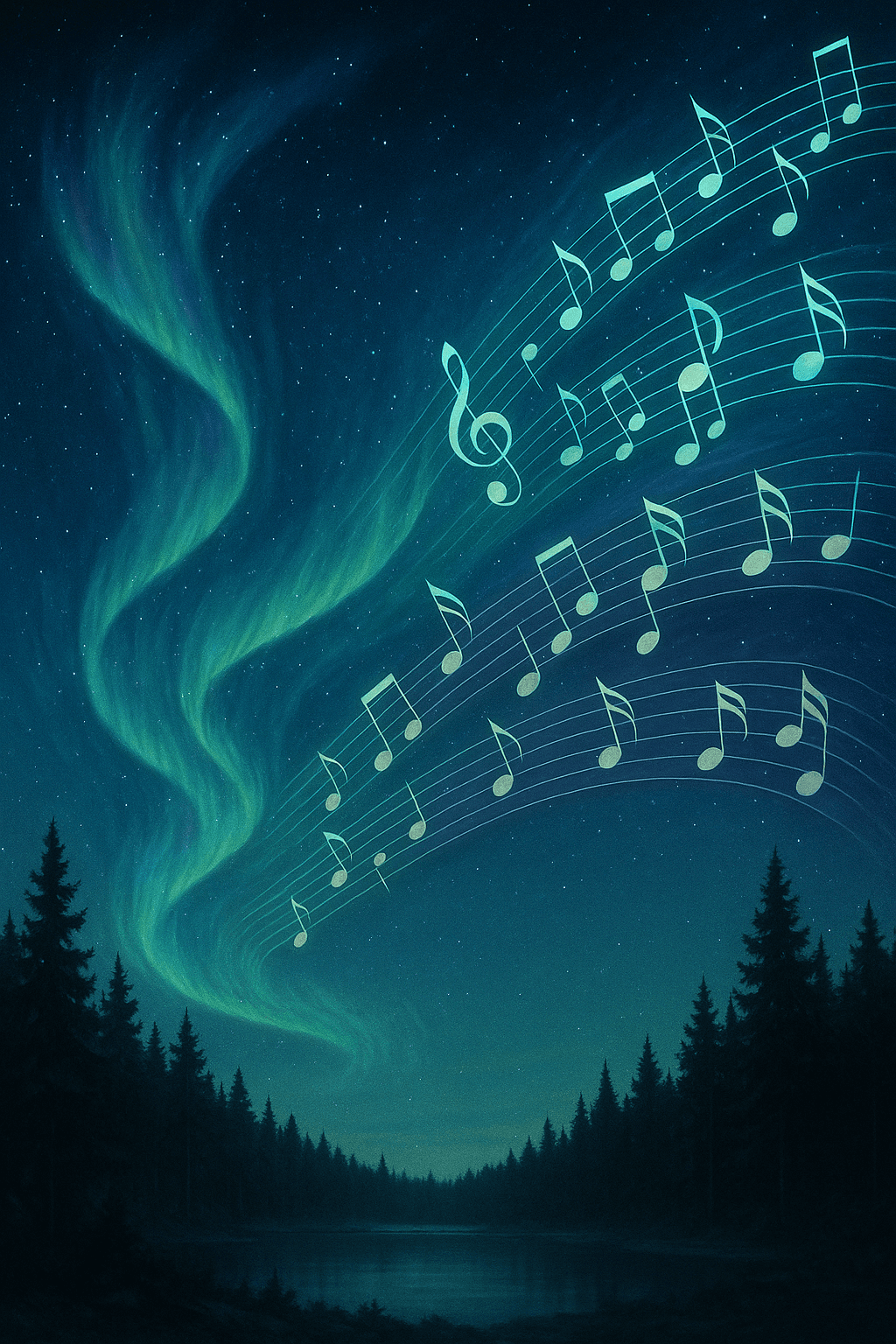Music: Bridging Worlds and Shaping Human Experience

Music is the universal language of mankind, translating dreams into reality. — Henry Wadsworth Longfellow
—What lingers after this line?
One-minute reflection
Where does this idea show up in your life right now?
Music as a Universal Language
Longfellow’s statement asserts that, unlike spoken tongues, music traverses the boundaries of culture, nationality, and time. Throughout history, melodies and rhythms have connected people with vastly different backgrounds, allowing them to communicate emotions that words often fail to express. From tribal chants to complex symphonies, music acts as a thread weaving disparate societies together, fostering understanding across divides. This universality is evident when we see people moved by a song in a language they do not speak, driven purely by the music’s emotive force.
The Power to Translate Dreams
Moving beyond mere communication, Longfellow’s quote likens music to a vessel for human aspiration. In essence, music gives tangible shape to intangible dreams. Composers such as Ludwig van Beethoven sketched their deepest fears, hopes, and ideals into sonatas that continue to inspire and motivate listeners centuries later. Songwriters, too, recount personal dreams that, through their art, become shared experiences, encouraging audiences to relate and reflect on their own ambitions.
Historical Perspectives on Musical Universality
This universal aspect of music has been recognized since antiquity. For example, Plato in his dialogue *Timaeus* (c. 360 BC) considered music a reflection of the cosmic order, implying that its harmonies could reach all souls regardless of culture. Ancient Chinese traditions believed in ‘yinyue,’ or sound harmony, as the ideal means to foster unity and peace, demonstrating the perennial belief in music’s bridging power across civilizations.
Scientific Insights into Music’s Effect
Modern science echoes these historical perspectives, revealing music’s unique effect on the human brain. Studies, such as those published in the journal *Nature Neuroscience* (Salimpoor et al., 2011), show that listening to preferred music triggers dopamine release, generating feelings of joy and motivation. Neurologist Oliver Sacks noted that even individuals with severe communication impairments could respond to music’s cues, highlighting its ability to bypass linguistic limitations and tap directly into the emotional core.
Music’s Role in Social Connection and Transformation
Tying these threads together, music acts as both a personal outlet and a collective experience. It creates community through shared concerts, protest anthems, and cultural celebrations, transforming individual dreams into collective action. For instance, the role of protest songs during the American Civil Rights Movement demonstrated how music could galvanize dreams of justice into real-world change. In doing so, music not only connects us as humans but also propels our deepest aspirations towards reality.